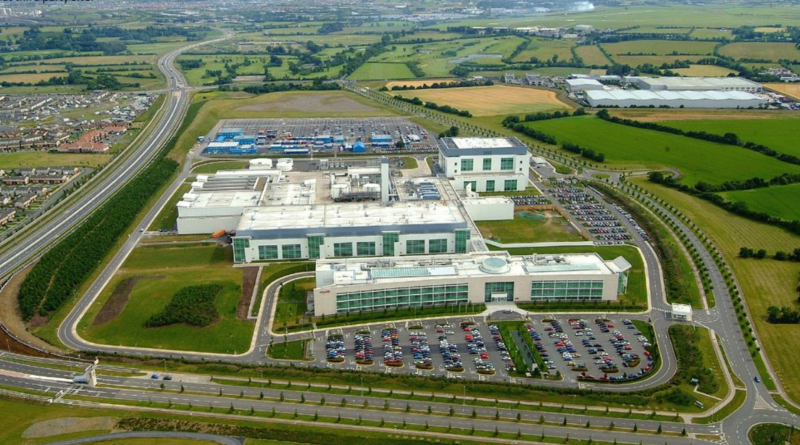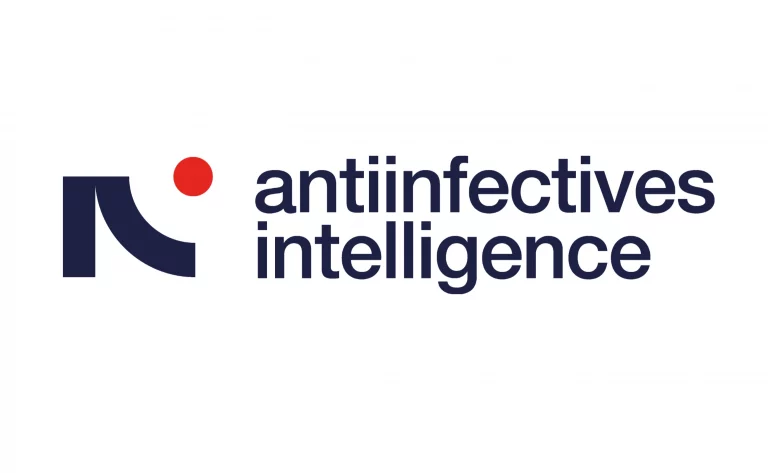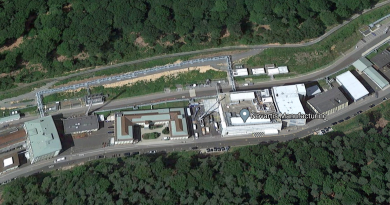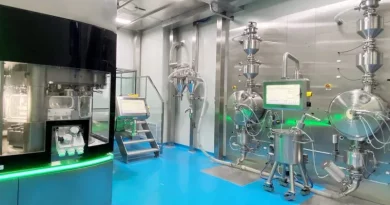Grange Castle Biotechnology Plant, Pfizer, Clondalkin, Ireland
Grange Castle Biotechnology Plant is one of the biggest integrated biotechnology plants in the world. Owned by the world-leading biotech company Pfizer, the landmark Grange Castle biomanufacturing campus was officially opened in September 2005 in Clondalkin, Ireland.
Grange Castle Biotechnology Plant Overview
It was originally built by Wyeth, formerly known as American Home Products (AHP), at an estimated cost of $1.8 billion. In October 2009, when it purchased Wyeth, the plant became part of Pfizer’s property and a key addition to the drug makers manufacturing network. The main biopharma manufacturing technologies include large-scale mammalian cell culture, protein purification, vaccines conjugation, and aseptic syringe filling.
The biopharmaceutical multi-product centre is based in the South Dublin suburban town of Clondalkin on the 90-acre Grange Castle International Business Park.
The facility is concentrating on vaccines and biopharmaceuticals. Nearly 1,100 people are employed at the site.
The biotechnology plant is strategically located as Ireland is a key position in Europe for pharmaceutical investment. It is part of Pfizer’s biotech speciality operating unit, which also includes Pfizer’s facilities in Andover, Sanford and Pearl River in the US, Havant in the UK; Algete in Spain; and Strängnäs in Sweden.
Grange Castle Biotech Manufacturing Facility Expansion
In September 2011, Pfizer announced a $200m (€145m) expansion of the Grange Castle facility. The campus of Pfizer Biotechnology consists of various groups involved in the process of product development. It covers the Technical Services Division, the Manufacturing Sciences and Engineering Group and the International Biotherapeutics Technologies Group.
The initial building is designed to meet current needs and capabilities of the future. This allows the processing of bulk drug components and the fill-finishing biologics, vaccines and antibiotics in the same facility. In April 2007, the facility’s design laboratory was extended from 2,500m2 to 8,500m2. The Irish Development Agency (IDA) fully supported this initiative, which involved an investment of $32 million.
Suite A1 was established in 2009 to support a medical system. A second syringe line was applied in 2010 to Suite 3.
In September 2011, Pfizer declared a $200 million (€ 145 million) extension of the facility. The construction of Suite 2 and Suite 4, expected to be operational by Q3 2012, will be included in the project. The expansion creates a building space of 4,263m2.
Suite 3 will be extended to produce Pfizer medication Prevenar 13 pre-filled syringes. The expansion of cell bank space is expected to open in Q1 2012.
Multiproduct Manufacturing and Drug Development
The drug development department transforms drugs from the research pipeline to industrial manufacturing. This implements and validates the techniques and procedures necessary to process drug substances into complete production.
The facility for the drug substance performs the beginning and intermediate stages of manufacturing for cell culture products. It involves fermentation purification and media preparation. The products are then packaged as sterile vials involving formulation, preparation of the vials, filling, capping and quality control stages.
The facility at Grange Castle produces etanercept, an active ingredient in the anti-inflammatory medicine Enbrel®. It also manufactures Pediatric pneumococcal conjugate vaccine Prevenar.
Enbrel® (etanercept)
ENBREL is an anti-inflammatory biologic medicine used to treat five inflammatory conditions. It is indicated for moderate to severe Rheumatoid Arthritis (RA), moderate to severe Plaque Psoriasis (PsO), psoriatic arthritis, active ankylosing spondylitis and moderately to severely active polyarticular juvenile idiopathic arthritis (JIA).
ENBREL is made from two human proteins. The medicine works by blocking the activity of another protein in the body that causes inflammation.
Prevenar 13® (Pneumococcal polysaccharide conjugate vaccine)
Prevenar 13 is a conjugate vaccine that is formulated to helps protect against 13 serotypes of the bacterium Streptococcus pneumoniae. This bacterium is responsible for causing an infection which can be grouped into categories of invasive and non-invasive diseases. Invasive disease includes both meningitis (an infection of the membranes around the brain and spinal cord) or bacteraemia (blood infection). Non-invasive disease when the bacterium causes pneumonia (an infection of the lungs) or otitis media ( an infection of the middle ear).
Grange Castle Biotechnology Plant Construction
The construction of the Grange Castle facility started in October 2002. In the final quarter of 2004, the construction schedule was planned to continue limited production for validation, which allowed the plant to open on time in September 2005.
Construction included more than 15,000 t of structural steel, 160,000 ft of process piping, 2,400 equipment pieces, 7,587 design drawings, and 1,200 different protocols for validation. All automated systems were validated by Zenith Technology.
Jacobs Engineering, Bovis Lend Lease, Project Management, and Arup Consulting Engineers were among the consulting engineers working on the project. Wyeth Medica Ireland, Wyeth BioPharma and Wyeth Global Engineering were responsible for project management.
Arup, Atkins Faithful & Gould, Bio-Pharmaceutical Consulting, Keating & Associates provided support for the project management.
BOC Edwards, Bosch Gmbh, Bruns Pak, Alfa Laval, Millipore, Steris, Aqua Chem, Schneider Electric Ireland, Vivendi Water Systems and York supplied equipment for the fit-out of the plant.
More about Pfizer in Ireland
Pfizer employs around 3,200 people across manufacturing, shared services, R&D, treasury and business operations at six sites in Ireland. Since opening the first site in 1969, Pfizer has spent $7 billion on operations in Ireland and has reportedly invested $330 million over the last two years in the Grange Castle and Ringaskiddy facilities.
The Global Biotherapeutics Technology Group at Grange Castlewas founded in 2006 and is part of Pfizer Worldwide R&D’s world-leading protein drug discovery unit.
Recommended Companies







